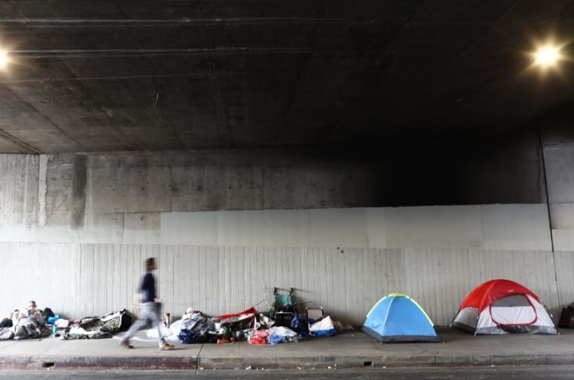The Sex Offender Housing Subcommittee is tasked with studying the homeless registrant crisis in Broward and recommending solutions based on empirical evidence and best practices, all while keeping public safety the primary consideration.
Through education and collaboration, this subcommittee aims to ensure the right to equal access to services and success for all people returning to Broward County from incarceration.
Our subcommittee is comprised of members of law enforcement, probation, treatment providers, former offenders, and other stakeholders.
As a reentry subcommittee, our mission is to assist people return to our communities with the best chance of success. One of the primary factors in successful reentry and avoiding re-offense is housing stability.
For persons required to register as a sex offender, housing is a significant challenge. Currently, approximately one-third of the people on the sex offender registry in Broward are homeless.[1].
A patchwork of laws excludes persons with a past conviction for a sexual offense from living in the majority of Broward communities. There are no shelters, halfway houses, or other transitional housing facilities in Broward that can take these individuals and the stock of available residential units within the few pockets of availability are quickly consumed because in Florida, registration is for life.
While sex offender residency restrictions are popular with the public, research suggests they do not reduce sexual offending or recidivism.[2] The U.S. Department of Justice has concluded that SORRs should not be viewed as a viable strategy for protecting communities.[3]
[1] https://offender.fdle.state.fl.us/offender/publicDataFile.jsf
[2] Nobles, Matt R., Jill S. Levenson, and Tasha J. Youstin. “Effectiveness of residence restrictions in preventing sex offense recidivism.” Crime & Delinquency 58.4 (2012): 491-513
[3] http://smart.gov/SOMAPI/sec2/ch6_registration.html

